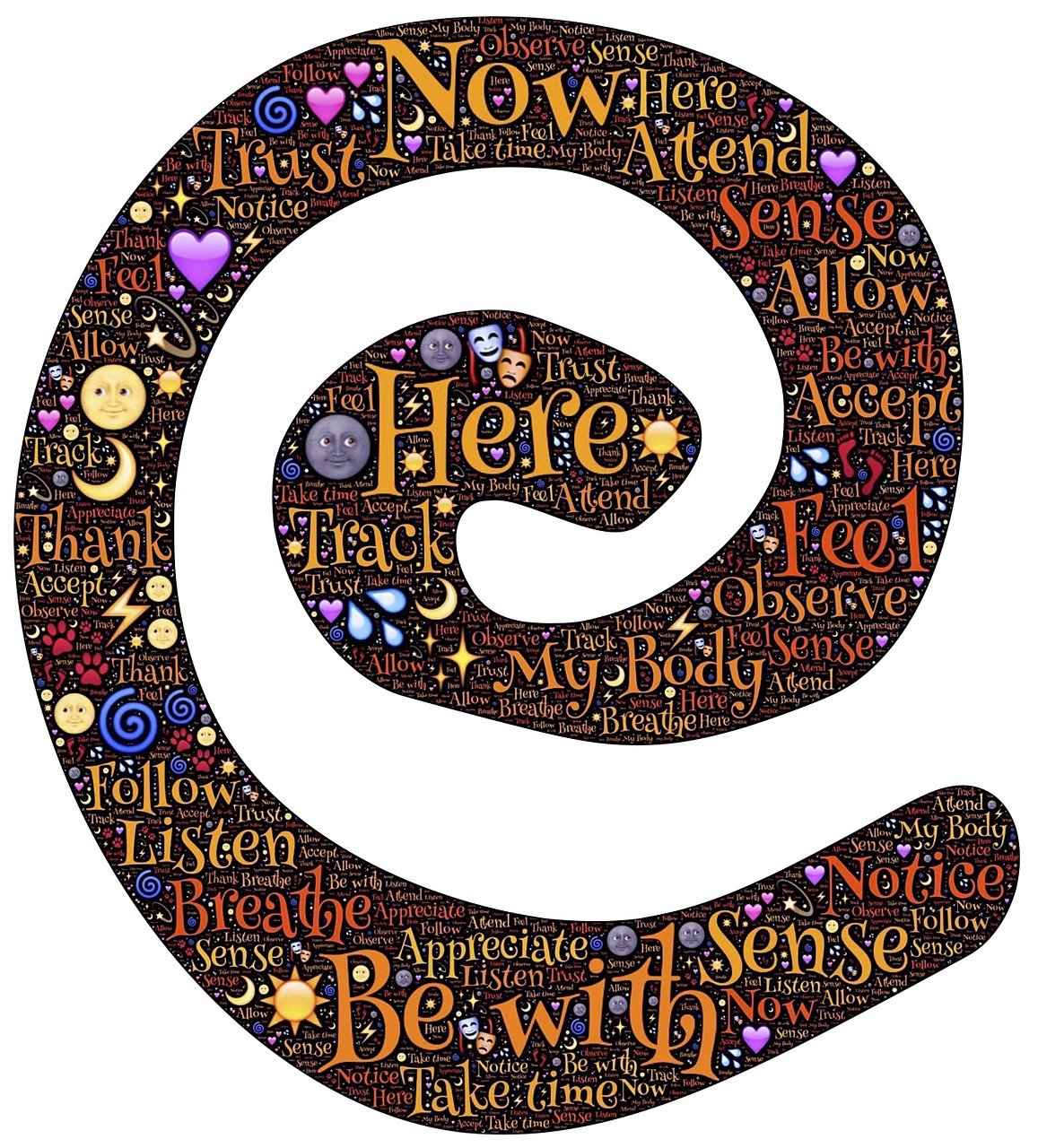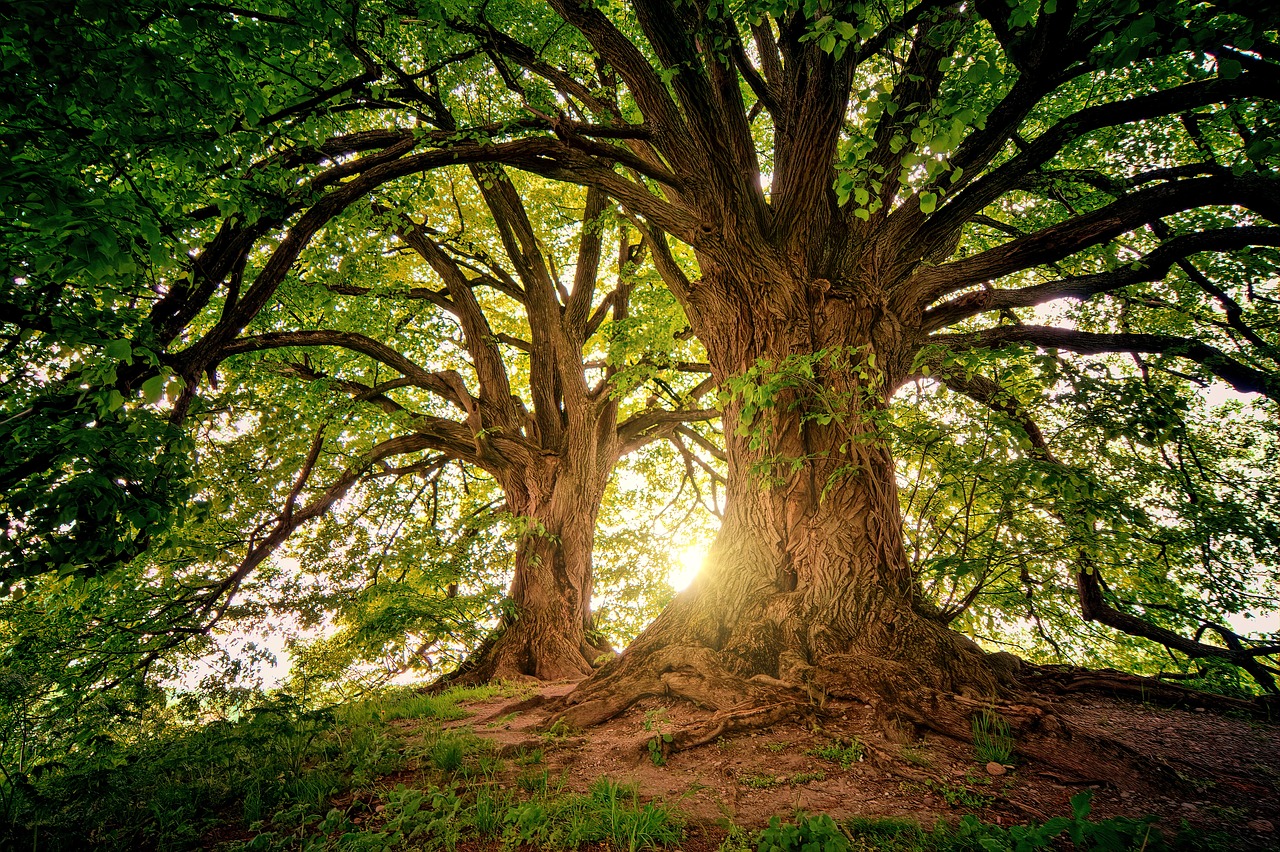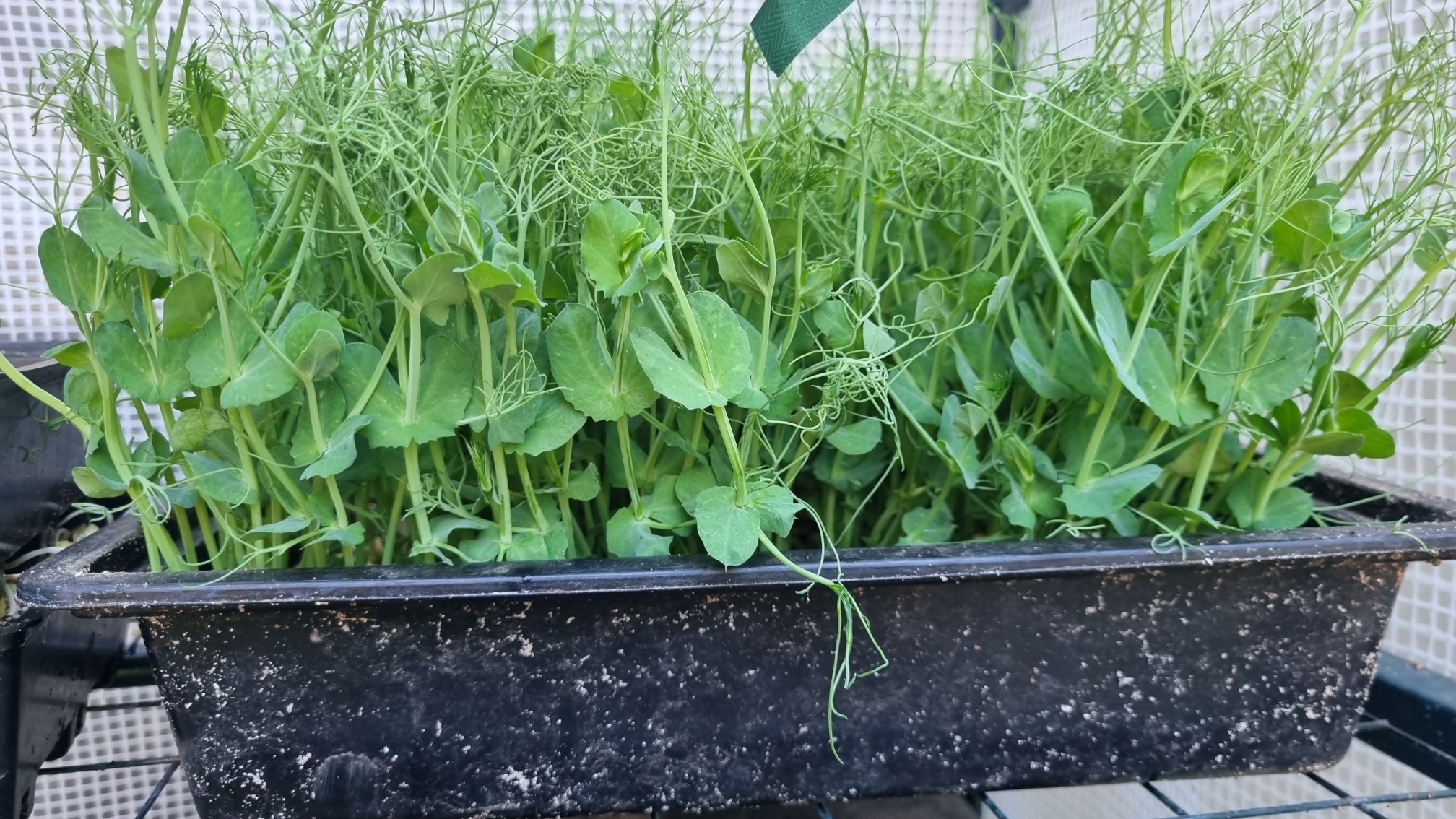- Life: Sacred Journey
Holistic Living: Insights from Dr. Gladys McGarey on Health, Healing, and the Sacred Journey
Dr. Gladys McGarey is a centarian who is considered a mother of holistic medicine. I was drawn to her by her recent book The well lived life and then watched her ted talk https://www.youtube.com/watch?v=O7w44sd1N44 and listened to a podcast with her on the www.thegoodlifecoach.com/253-2/. Besides her practice, she has previously published also following books: Living medicine, The physician within you, The world needs old ladies.
Today she is 104 years old and as far as I could read up on her, she is still offers life consultation.
Doing what you love and keep moving
In my recent articles, I delved into the topic of longevity and examined the lives of centenarians. Yet, what truly captivates me is the example of Gladys McGarey. At the age of 100, she not only delivered a Tedx talk but also maintained a 10-year plan. Using a walker equipped with a watch tracking her 3000 steps a day, she demonstrates that embracing assistance is perfectly acceptable. It’s her vibrant attitude toward life, fueled by what she describes as “Juice,” that truly makes life an incredible journey.
Discovering one’s own path
In the interview, she emphasizes the significance of discovering one’s own path. When she says “find your own,” I interpret it as developing a personalized approach to self-care rooted in love, care, and a thriving mindset.
Can I?
As individuals, we often seek the recipe or grant ourselves permission to engage in certain activities. After hearing her perspective, I decided to permit myself to be more flexible in selecting self-care practices. Typically, I tend to overthink whether something is a genuine need or excessive indulgence. By allowing a bit more freedom to follow what feels good, I address my internal questioning of “Can I?” and challenge the ingrained discipline that tells me I don’t need certain things. This adjustment involves granting myself more permission to enjoy and acknowledge that it’s okay to do so.
Activating our Life force with Love
What does that mean in practice? When we feel the Love and Life running through our bodies, we recognize our conditioning to control and allow ourselves to surrender more for Life and Love to move through us. This is where for me mindfulness of the body plays a role.
As we practice this mindful awareness, we also adopt an accepting attitude towards whatever arises, acknowledging that every aspect belongs to the current experience. This gradual acceptance and allowing facilitate an internal shift, paving the way for the unrestricted movement and flow of life and love through our being.
Dr. McGarey says: “You [have to] feel and know life is there to be lived. You have to live it,” she says. (source: https://www.cnbc.com/2023/06/08/5-ls-for-living-a-long-fulfilling-life-from-a-102-year-old-doctor.html ):
The 5 l’s on living medicine:
Life: ife is like a seed. It has a shell around it. It has all the energy of the universe within it,” says McGarey. According to McGarey, life’s positive transformation requires our activation. Symbolically, in the Hippocratic lifestyle, the process of sprouting signifies an awareness of the seed, water, and life itself. This year, I involved my son and husband in a beginning-of-the-year ritual where we expressed our intentions using sprouting jars. It symbolized a proactive step towards initiating positive change in our lives.
Love: “Love is the activating factor. It cracks the shell,” she says. “It’s the whole aspect of life as we come into it and take our first breath.” For me that is that watering aspect, watering with love, adding water to the seed.
Laughter: “Laughter without love is cruel. It’s mean [and] cold,” McGarey says. “But laughter with love is joy and happiness.”
Labor: Labor with love is bliss. It’s why a singer sings, why a painter paints, why I became a doctor. It’s what juices you up. It’s what makes you really know: ‘This is who the inner core of me is.’” Pay attention to what drives you, she adds.
Listening: “Listening without love is empty sound,” says McGarey. “But listening with love is understanding.” When you’re able to find people who understand you and what your purpose is, life becomes more fulfilling.
Where is gratitude in this 5ls?
Gratitude can be a foundation for the 5ls. The practice of gratitude gradually opens up to Acceptance and Love. Gratitude is a very fertile ground to the 5ls.
What do you do when things are challenging?
The other day I was cleaning up the old children’s books, choosing what to keep and what to pass on. One of the books that I kept as a reminder was a book called: “We are going on a bear hunt.” This book has a repeating line: “we can’t go under it, we can’t go over it, we got to go through it.” And so it is that I have this story as a reminder that when we get a challenge, you keep on steady going through it. That reminds us also Tara Brach in her book Radical acceptance. She writes: “The boundary to what we can accept is the boundary to our freedom. Clearly recognizing what is happening inside us, and regarding what we see with an open, kind and loving heart, is what I call Radical Acceptance.”
What is included in the word holistic?
We today use the word holistic for many different things. McGarey explains that when they were coming up with the word that would offer complementary side to traditional medicine, they were thinking of including three elements:
- health
- healing
- holy
When I was with on the international conference for Enneagram practitioners in Cape Town, organized by Integrative 9 (https://www.integrative9.com/) one year they call it Holism. As a guest speaker Ginger Lapid Bogda has been guiding us more through “What does it mean to be whole?” so there is this aspect of holy or whole.
How to understand holy? For someone who is religious that would mean belonging to or coming from God, sacred. For someone who doesn’t follow a particular religion the meaning might be: regarded with or deserving deep respect, awe, reverence, or adoration (source: https://www.collinsdictionary.com/us/dictionary/english/holy). Or to someone else, maybe the understanding of the origin of the sound of word might bring the most value in understanding: ME holie < OE halig (akin to Ger heilig) < base of OE hal, sound, happy, whole.
In this article we have explored Dr. Gladys McGarey as an example of a person, who at the age of 104 is an inspiration for all the 5ls she writes in Living medicine. Life itself is a medicine she says and may this article inspire you to cultivate this 5ls, gratitude and recognize where you get stuck in Fear and with gentle determination move through it to more Love.



